Nairobi Leads East Africa’s Student Housing Boom
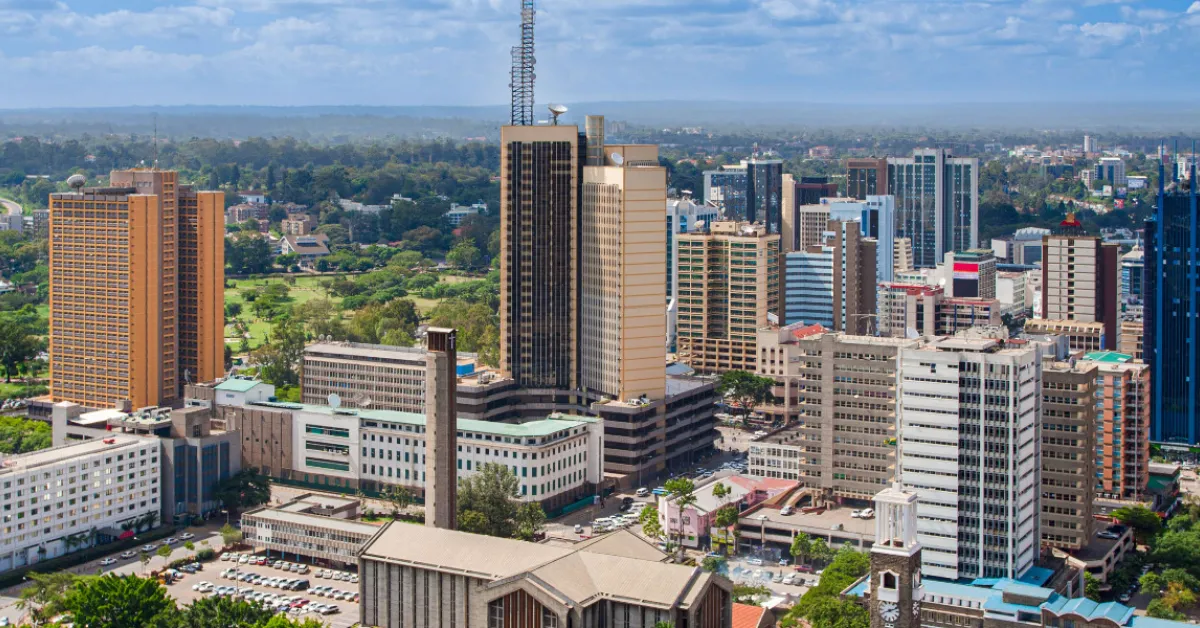
East Africa’s real estate market is experiencing a significant transformation, characterised by a move towards locally driven expertise and regional financing mechanisms.
This shift marks a departure from the sector’s historical reliance on foreign capital and rigid commercial models, fostering a more adaptable and locally anchored investment ecosystem. A key event highlighting this transition occurred in 2023 when Acorn Holdings Limited secured a Sh6.7 billion (approximately $49.5 million USD) financing package from Absa Group and Absa Bank Kenya. This funding is earmarked for the expansion of student housing facilities in Nairobi. The transaction, though seemingly domestic, set a precedent as the first instance of a development Real Estate Investment Trust (REIT) securing bank financing via a bilateral loan in sub-Saharan Africa.
Moreover, it introduced a sustainable finance facility for commercial property outside South Africa, demonstrating a fundamental shift in institutional real estate investment within the region. The landscape of East African commercial real estate is evolving, as external entities that once dominated the market, often driven by dollar-based yields and region-wide expansion ambitions, are making way for a new paradigm. This emerging framework is powered by developers with deep local networks, investment funds attuned to the nuances of fragmented regulatory environments, and financial institutions positioned at the nexus of infrastructure development, population mobility, and spatial policy changes.
The evolving investment climate across Kenya, Tanzania, Uganda, Rwanda, Seychelles, and neighbouring markets was a focal point at the recent East Africa Property Investment (EAPI) Summit held in Nairobi. The summit's theme, "Positioning for Opportunity," underscored the new realities shaping the industry, particularly in commercial real estate. Investment dynamics in East African cities are being recalibrated due to rising capital costs, foreign exchange pressures, and evolving lease structures. Traditionally, commercial leases were predominantly pegged to hard currencies such as the US dollar.
However, the volatility of regional currencies is compelling tenants to negotiate for more flexible terms, focusing not only on price but also on the contractual structure itself. Despite these financial challenges, specific sectors within the East African real estate market are demonstrating resilience. Premium office spaces in Nairobi continue to attract investor interest, while established retail hubs in Dar es Salaam and Kampala maintain consistent consumer traffic. South African retail giants, which once dominated the regional commercial property sector, are now either consolidating operations or reducing their footprint in select markets.
To navigate the evolving financial landscape, developers are refining their lease models. While some agreements continue to be denominated in US dollars, others are indexed to the dollar with local pricing elements. An increasing number of leases are structured entirely in local currency. The ability to respond flexibly to market shifts is now a critical determinant of success in the region. Beyond traditional sectors, a wave of emerging asset classes is reshaping the future of East African real estate. One such area is student housing, which presents significant opportunities due to the steady increase in tertiary enrollment in Nairobi and the limited availability of purpose-built accommodation.
The Acorn Holdings financing deal highlights the viability of large-scale student housing projects when operational efficiency is combined with tailored financing solutions. Residential housing is another sector experiencing growth, driven by the rapid urbanisation across East Africa. Formal housing supply is struggling to keep pace with the expanding urban population. In Kenya alone, the housing deficit is estimated at over two million units. Developers are responding with innovative models that blend rental and ownership strategies, including rent-to-own schemes and the leveraging of government incentives such as land swaps and tax relief programs.
Affordability, once viewed as an obstacle to investment, is now recognised as a foundation for sustainable occupancy rates and portfolio stability. The demand for local hosting, storage, and processing capacity has surged alongside the intensification of digital adoption. The rise of artificial intelligence and fintech integration is driving greater urgency for data centre investments, and East Africa is positioning itself as a key player in this field. A major milestone in this space occurred in 2024 when Microsoft and G42 announced a $1 billion digital infrastructure package for Kenya, centred on the construction of a hyperscale Azure data centre.
This development represents a significant step in the region’s digital transformation, providing essential cloud hosting for businesses and governments. Concurrently, Schneider Electric and IXAfrica unveiled NBOX1 in Nairobi, a next-generation, AI-ready facility designed to serve as the region’s premier digital hub. With increasing government focus on digital sovereignty and the expansion of latency-sensitive sectors, data infrastructure is emerging as a vital real estate investment category with strong long-term prospects.
The evolving trends in East African real estate indicate a market increasingly shaped by those with a deep understanding of its complexities. Local developers and regional financiers are taking on greater responsibility in executing major projects, while global capital plays a complementary role by partnering with on-the-ground expertise.

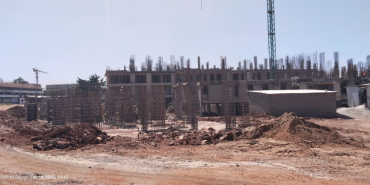

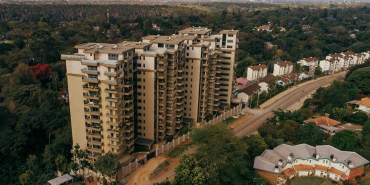


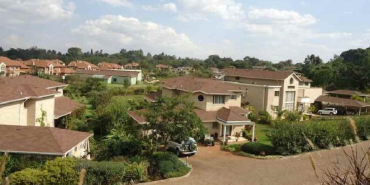
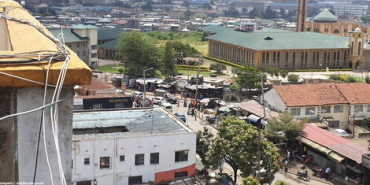

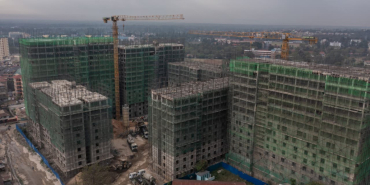




Add new comment